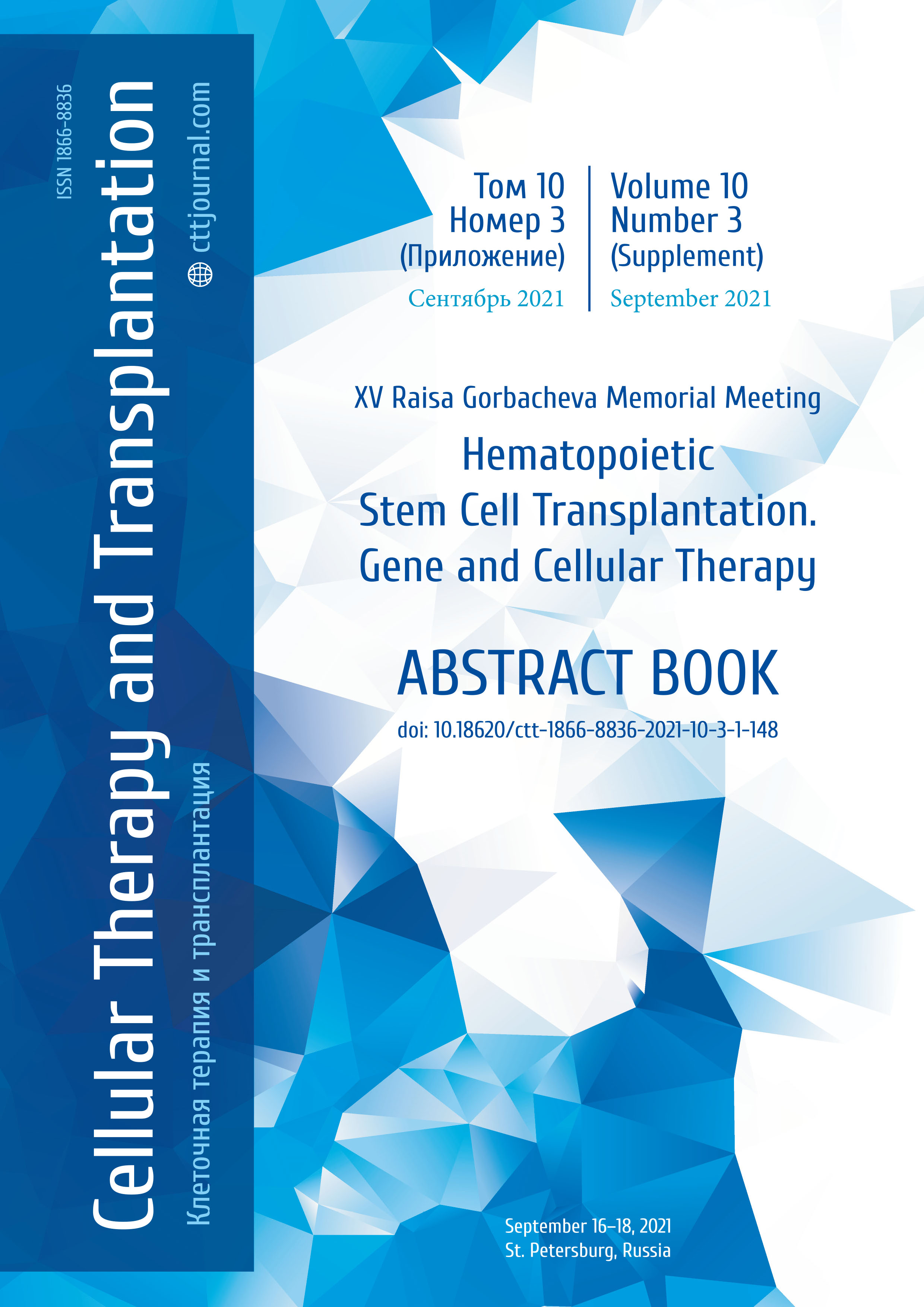GC-15. Investigation of the characteristics of micro-sized carriers, using “soft lithography” for packaging of genetic material
Anastasia A. Yakubova1,2, Pavel M. Talianov3, Mikhail V. Zyuzin3, Albert R. Muslimov1,2, Alexander S. Timin1
1 Peter The Great St. Petersburg Polytechnic University, St. Petersburg, Russia
2 Alferov Institution of Higher Education and Science Saint Petersburg National Research Academic University of the Russian Academy of Sciences, St. Petersburg, Russia
3 School of Physics and Engineering, ITMO University, St. Petersburg, Russia
Correspondence:
Anastasia A. Yakubova, phone: +7 (981) 795-72-41, e-mail: yakubova.nastya@bk.ru
Summary
For the effective delivering of genetic material to target cells, it’s necessary to provide sustainable conditions of transfection and protect it from intracellular microenvironment, pH, enzymes. It’s possible with a method of creating micro-sized carriers by new method of “soft lithography”, allowing to stamp polymer carriers with precise size and shape. This way passes undesirable stage of fabrication of polyelectrolyte carriers, such as synthesis of template, application of polymers on this template, deletion of the template. The process is becoming more controlled and effective, packing the cargo and the medium does not depend on affinity of the cargo to the template, charge of the polymers. In the research process hydrophobic and hydrophilic structures from 10nm to 5µm were packed, which tend to be unstable in external environment. Also sterile carriers were fabricated. The purpose of the study is to assess stability of the micro-carriers, toxicity for living system and ability to save the cargo over definite time.
Materials and methods
Silicon PDMS mold for micro-carriers fabrication was used. Stability was assessed with a confocal microscope and specrofluorometry. The following polymers were tested: polylactid PLA, Polycaprolaction PCL, polymethylmethacrylate PMMA. We used several test mediums: water, phosphate-buffered saline, human serum. Toxicity was determined with CT-26 cell line.
Results
Experimental results showed that polymer micro-carriers are not toxic for cells. Micro-carriers were able to 10 nm structures, while maintaining their medium.
Conclusions
Fabrication of micro-sized carriers by “soft lythograpy” is possibly effective for packing and saving of genetic material with its microenvironment.
Keywords
Microcarriers, micro-sized carriers, microcapsules, delivery, lythography, genetic material, polymer.


